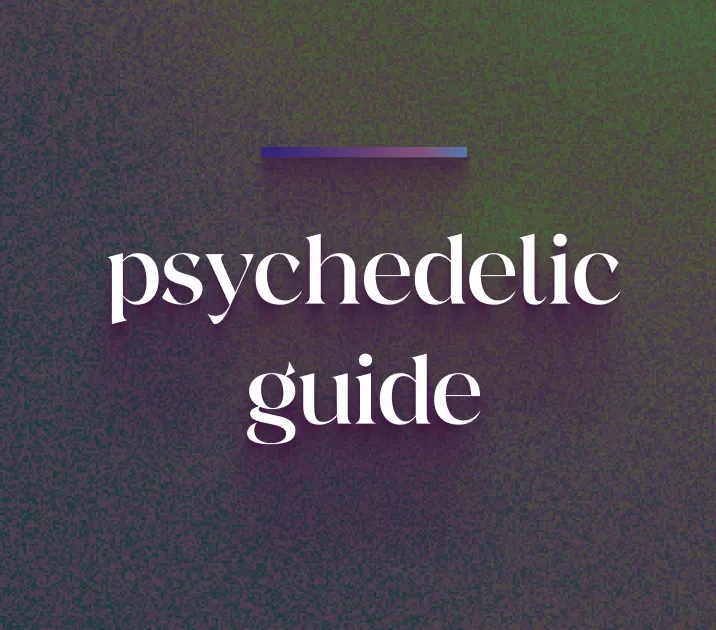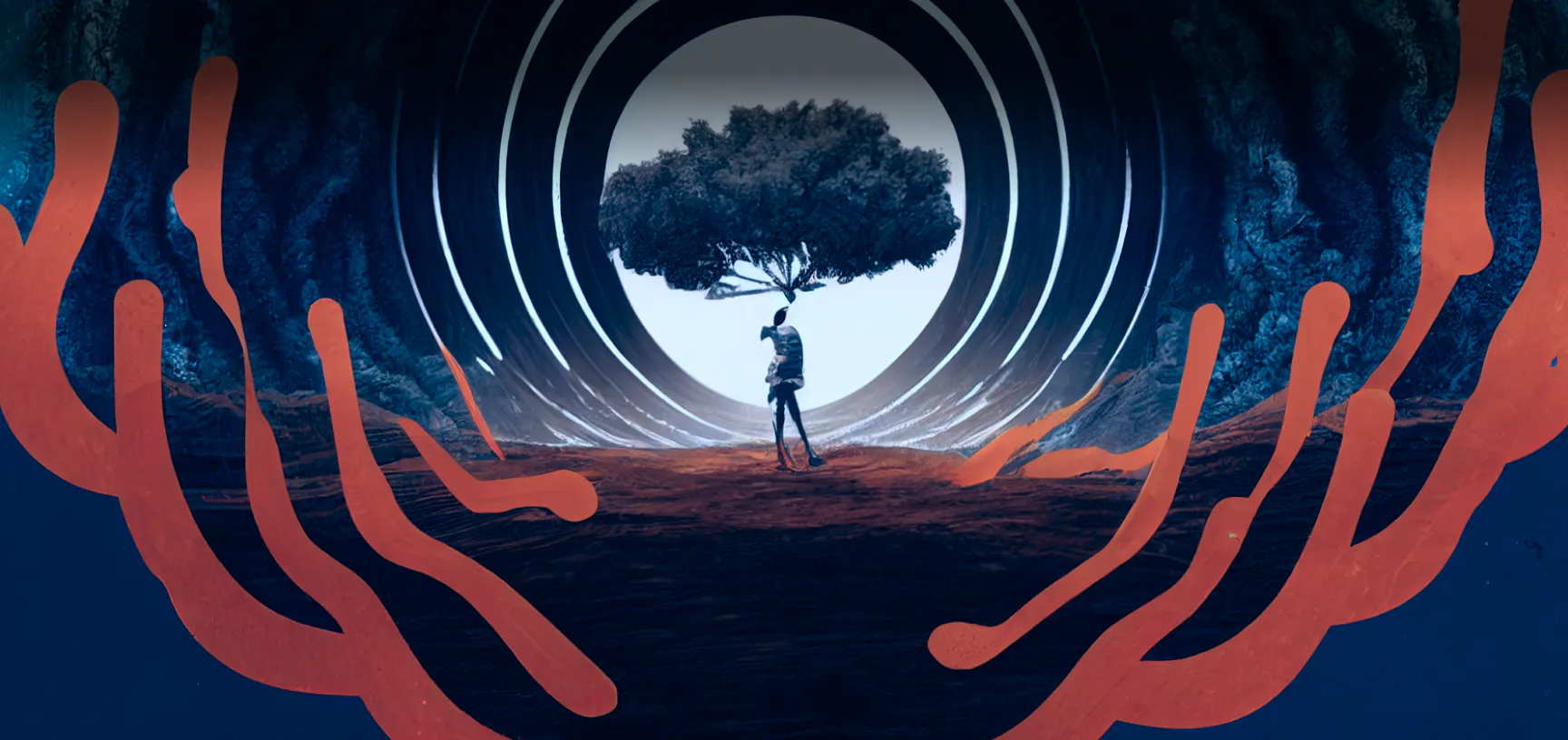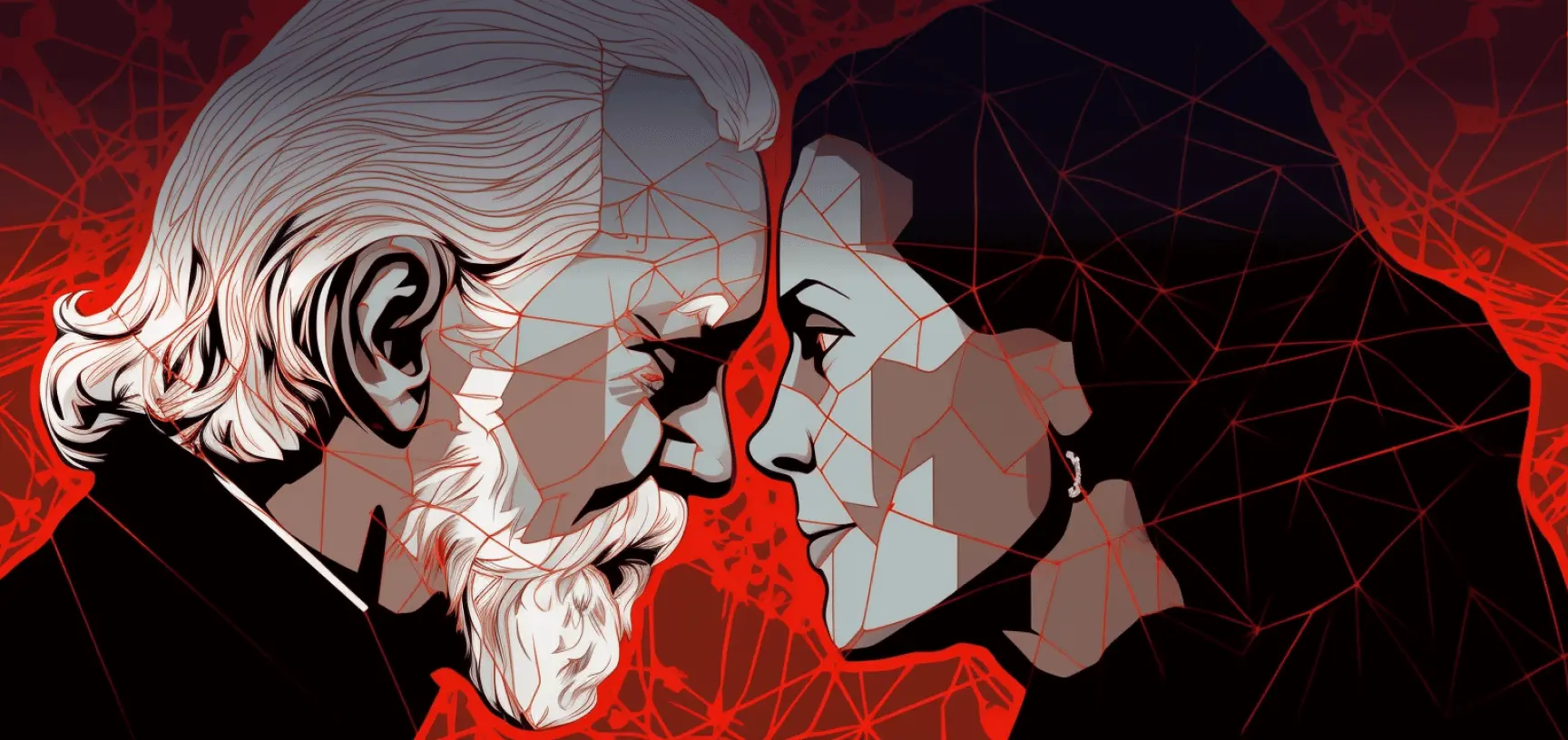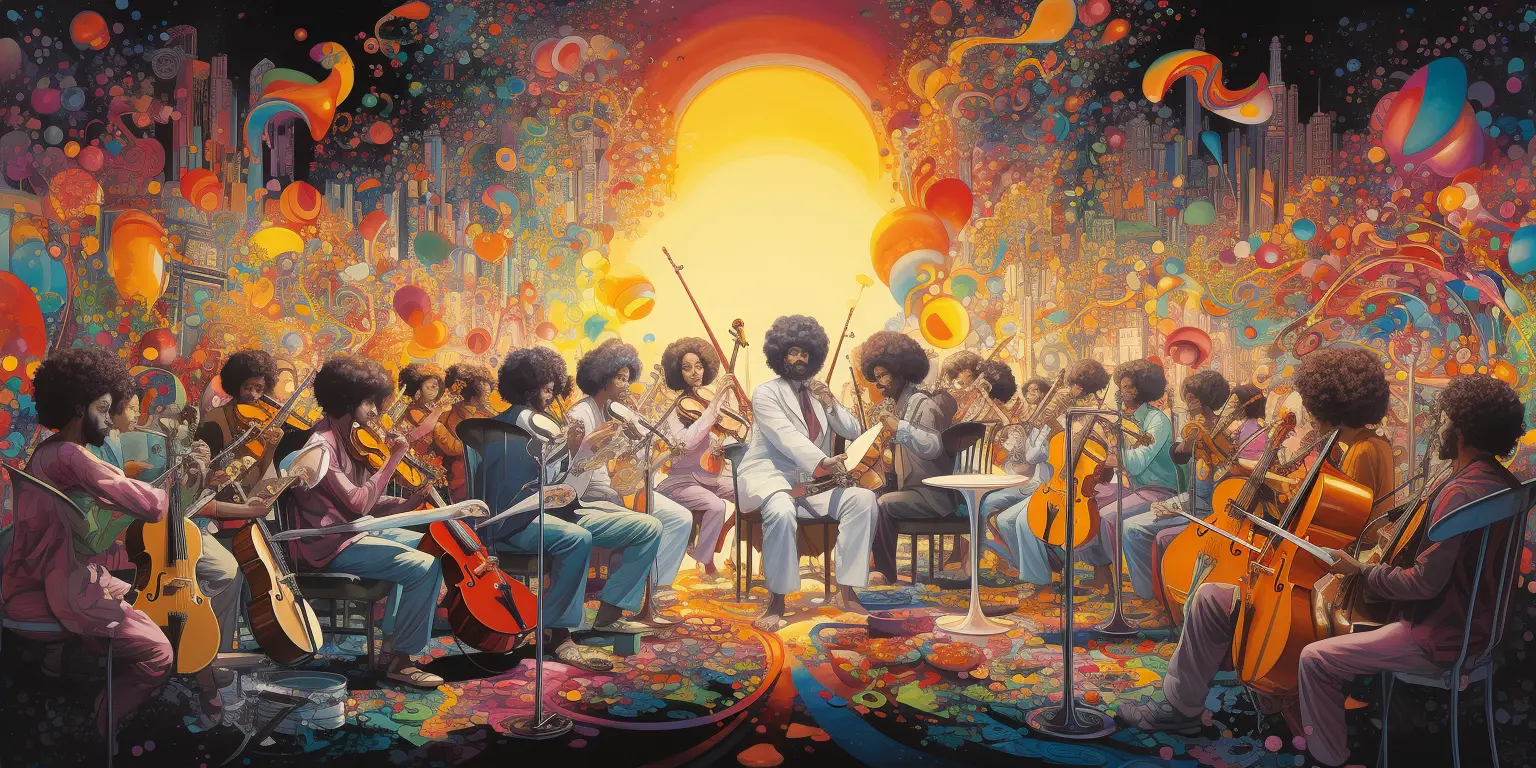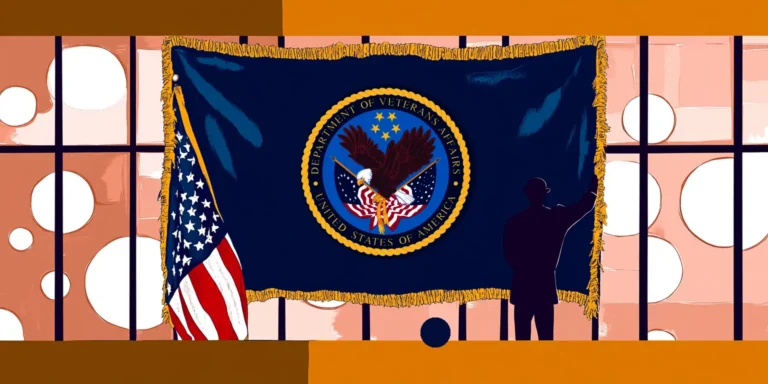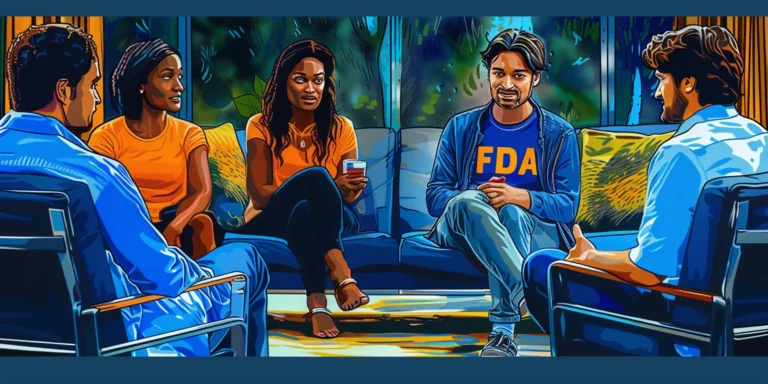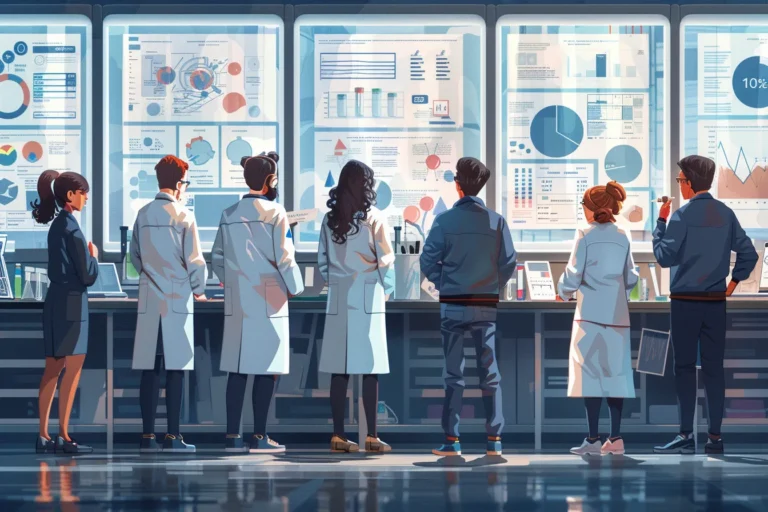If I asked you to tell me something about MDMA, you’d probably have at least one story. Maybe a friend of a friend… of a friend that tried Molly one night in college. Or your own story about that time you’ll never forget when you and some close friends dropped a little Ecstasy and spent the night under the stars, asking, “What does it all mean?” Sometimes, that story is what we expect it to be: a tale of younger years, dancing the night away at some club or rave. Or, if you prefer your psychedelics in a more natural setting, spending your days under the sun, walking beneath the trees.
But what about sitting in a psychiatrist’s office to discuss why you and your significant other can’t quit arguing? Or, as this writer can attest, laying on the floor with someone you love and just listening to them talk about things they find exciting.
Unlike other psychedelics, MDMA has always been, and will always be, the “love drug.” It’s an empathogen (something that increases empathy), and long before it was placed on the Schedule One list of the Controlled Substances Act, MDMA has a place in therapy. Figures like Alexander “Shasha” Shulgin, Anne Shulgin, and researchers across the nation extolled its virtues.
“MDMA unlocks all these feelings of generosity, love, and gratitude because when one is high on MDMA, it’s easier to get in touch with what an amazing life you have. And what an amazing partner you have.”
But why? To answer that question, we spoke with Charley Wininger, LP, LMHC, and Dr. Alex Belser, MPhil, Ph.D., to find out how and why the “love drug” can make us better lovers, listeners, and partners.
Keep Up with Psychedelic Trends
Don’t miss the latest psychedelic news, events, companies, and more.
We respect and protect your privacy. By subscribing your info will be subject to our privacy policy. Unsubscribe easily at any time
Psychedelics Like MDMA Could Help You Learn to Listen Again
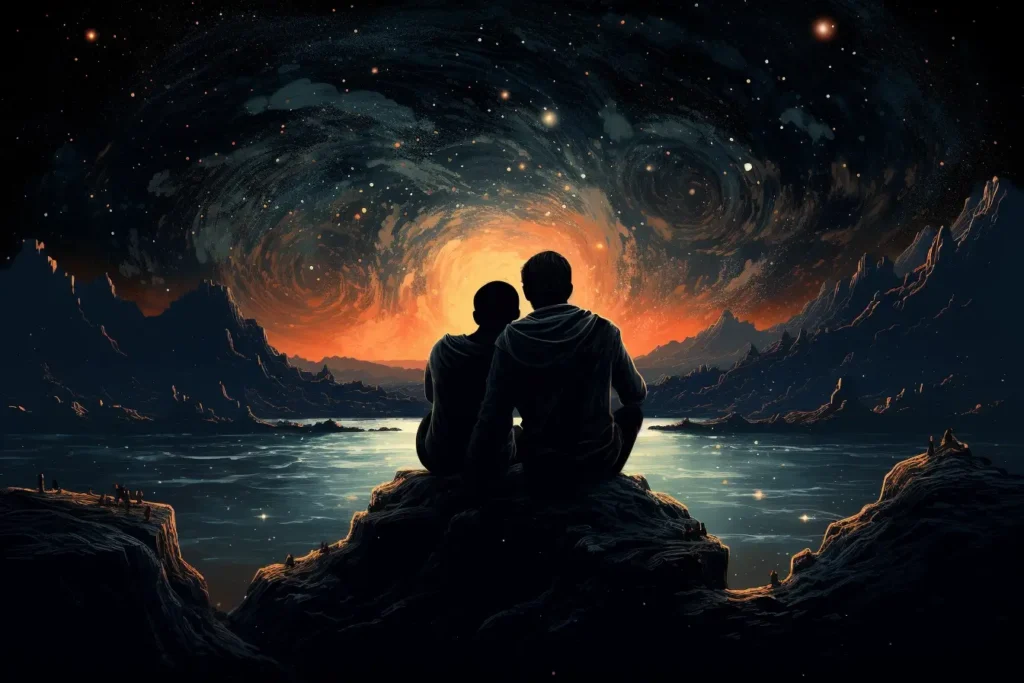
According to Charley Wininger, MDMA might remedy common relational hurdles such as a dwindling sense of empathy, communication barriers, festering resentment, emotional detachment, and maintaining a romantic spark.
Wininger says, “for so many couples, drift can occur as they fall in love and then move in together and realize the relationship becomes about work. Maybe they’re raising children, Or maybe they’re in it for the long haul and not necessarily living together, and what happens is that there’s a natural drift as life takes over. Maybe it’s work or some other stressor, but things start fading, and people lose touch with the kind of deep love and attraction that got them together in the first place.”
This is where MDMA can come into play. As mentioned earlier, MDMA is an empathogen, which increases feelings of empathy, connection, and love. By increasing empathetic feelings for your spouse or partner, MDMA may help you reconnect and find that spark again. As put by Wininger, “What happens with couples using MDMA in relationship management, or couples therapy, is that they find that it [MDMA] can do a year’s worth of couples counseling in a day. What results from this intentional use of MDMA is the breakdown of barriers built up over time. Usually within hours, sometimes within minutes. And now, these couples who may have seen each other in an agonizing way, now they’re in touch with how much they’ve missed their partner, how much they’ve missed being in a profound level of connection with that partner, and reconnect.”
Dr. Belser’s insights line up with those offered by Wininger, saying, “Psychedelic medicines can be mind manifesting for one individual, but when two people are in a relational dynamic, and they’re in conflict, and there are ruptures without repair, or there are communication styles that lead to hurt, the mind-manifesting properties of psychedelics could potentially be useful for promoting deeper connection between you and your partner.”
Psychedelics Could Help You and Your Partner ‘Unstick”

Dr. Belser believes that psychedelics can help couples come “unstuck” from specific relational patterns that may have become entrenched.
Dr. Belser says, ” Many couples I’ve worked with feel stuck in their relational template. And one of the potential mechanisms of action in psychedelics [like MDMA] as a treatment is that psychedelics may help us re-pattern our relational scripts.”
Keep Up with Psychedelic Trends
Don’t miss the latest psychedelic news, events, companies, and more.
We respect and protect your privacy. By subscribing your info will be subject to our privacy policy. Unsubscribe easily at any time
According to Dr. Belser, relational scripts are “patterns of behavior given to us sometimes by our parents or caregivers growing up that can play out in our important relationships as adolescents and adults. Potentially impacting our adult romantic relationships. So we have to ask ourselves, ‘How do we re-pattern those dynamics so that we’re not just playing the same record repeatedly with slightly different results?’ That’s where psychedelic medicines can come into play.” Psychedelics can help us re-pattern old ways of thinking through multiple ways. Neuroplasticity, the brain’s ability to change and adapt, is enhanced by psychedelics. Psychedelics can also help us view things that may be bothering us in new ways, allowing you to step back, and address a problem through new means.
“You need to learn to work on things, but you also need to learn how to let them [your partner] in again.”
Both Wininger and Dr. Belser stress that it’s not as simple as taking some MDMA with your lover and having a good time. Wininger points out that using MDMA in your relationship requires real work and the willingness to “open your mind, and step into your partner’s shoes.”
According to him, one of the biggest hurdles that many of his clients in long-term relationships face is losing that understanding they may have had with their significant other.
Wininger says, “The best answer to the problem of losing that connection is listening. There is a profound exercise that I recommend couples could do with each other on MDMA. It’s deceptively simple: one person speaks, the other person listens, and the person who speaks will tell the person their partner about their day. Anything they want to convey about their day. And their partner? The task is to listen, not to give advice.”
According to Wininger, it becomes too easy to get into a place where instead of actively listening to your partner, you’re, as he puts it, “waiting for your turn to speak, or to offer some solution so you can both move on.” He believes this can become a habit over time, where instead of listening to your partner, you’re waiting for them to be done or actively trying to find a way to move on so you can go on about your day.
Dr. Belser offers some similar, but distinct observations. Stating that “psychedelics potentially help them [couples in therapy] take an outside view of their relationship and examine some of the problems that are going on in a way that maybe is a little bit more novel. Theoretically and hypothetically, psychedelics could be extremely helpful going forward for couples, when well done, who feel trapped, stagnant, or isolated in their relationship. The practice of taking psychedelic medicine alternatingly or together can be a very powerful experience. Specifically, the practice of taking medicine together for two people.”
Dr. Belser continued, adding, “With psychedelic medicine, there’s a newness, a fresh perspective that they [psychedelics] bring on. This can help couples feel like they’re on a journey together again. They may feel like they’re doing something so intentional, so reparative and healing, that it can bring them back together. There’s also an element of intentionality. This is something we talk about a lot in psychedelics. Setting this intention to work on things together.”

Or, as put by Wininger, “MDMA helps us take a minute and listen. We can then start developing this practice of empathy and stepping into our partner’s shoes and understanding what it’s like to be them. It’s really key. MDMA unlocks all these feelings of generosity, love, and gratitude because when one is high on MDMA, it’s easier to get in touch with what an amazing life you have. And what an amazing partner you have. Maybe you must be willing to step into their shoes and listen for a while. What’s going on? Is my wife unhappy because of some external factor, or did we just stop listening to each other?”
Of course, becoming a better partner or renewing your love for your partner doesn’t happen instantaneously. It takes a lot of work. As Winner suggests, “you need to learn to work on things, but you also need to learn how to let them [your partner] in again.”
Could Ego-Death Help You See Your Partner For Who They Are?

One of the things that Wininger and Dr. Belser touched on is that, over time, you may develop fear or insecurities with your partner. According to Dr. Belser, it’s not uncommon for someone to carry trauma from past relationships into a new one. This can then put additional stress on the relationship. For example, maybe one partner has body or self-esteem issues due to negative things said by a former partner. These feelings can then make them fearful of being fully open physically or emotionally with their significant other. Psychedelics may be able to help some break free from this fear.
“Ego dissolution can allow us to see them [our significant others] as a whole instead of as a collection of our notions and a reflection of our trauma.”
Dr. Belser suggests that psychedelics are great for “enhancing communication and making couples more comfortable with each other.” He then explains how psychedelics can impact the brain and how these physical changes can have lasting positive benefits.
“First of all, MDMA can mitigate fear, the fear response specifically,” Dr. Belser explains. “Using slightly different language, it can mitigate your partner’s relational trauma or what we’d sometimes think of as the trauma of everyday life. Sometimes, the amygdala is easily activated or overreacting to perceived threats of danger. That could cause a lack of deep trust or security, especially if many rounds have been fired in the relationship. MDMA, particularly, we’ve seen in the treatment of PTSD, allows people with a reactive traumatic-based response to stress to develop new ways of dealing with that. It [MDMA] can help them to model and to experiment with a less fearful reactivity so that when their partner says to them, ‘When you do this thing, it really upsets me,’ or ‘I feel hurt and alone in this relationship,’ they can respond from a different place than that fearful, reactive one.”

Both Wininger and Dr. Belser think that there are ways couples can leverage the feeling of empathy and emotional connection that psychedelics can create to become better partners. For example, Wininger suggests that some couples may have reached a place where they’ve become overly reactionary, and like Dr. Belser, thinks that psychedelics, such as MDMA, can help mitigate this.
He says, “for a couple where at least one of the partners identifies as male, psychedelics, in general, and MDMA in particular, tend to shake us out of our old, competitive, macho, and aggressive mindset. It can help soften us, so that we become less reactionary and less afraid of being open with our partners.”
Dr. Belser takes things a step further and focuses on something not associated with MDMA, but which can happen with other powerful empathogens like 2C-B: the psychedelic experience known as “ego death.” He focuses on how ego death may be crucial for seeing things from your partner’s perspective.
According to Dr. Belser, “one of the ideas of psychedelics is that we can escape our mind and the strictures of the small self. This is the ego.” Dr. Belser believes that once the ego is dissolved, it can help us view things from a perspective not so centered on ourselves and or our needs.
This may be due to how the ego functions. As put by Dr. Belser, “ego has three functions. It mitigates the definition of me versus you. Ego helps us function in the world by making sure that I know who I am and I know what’s outside of me. It also keeps a lid on the unconscious because it can be really threatening material.”
When our egos get out of the way, we get a rare glimpse of what it would be like to exist outside ourselves. This is the idea of “oceanic boundlessness,” or, in other words, feeling as if we have become one with everything around us, including our partners. Dr. Belser offers that this loss of a centralized view of the self can be very useful for helping us understand our significant others. Saying, “We are often locked into seeing the other person as something that’s not entirely what it is. We’re often fighting demons from our past, and we aren’t receiving the person as they are in front of us. Ego dissolution can allow us to see them [our significant others] as a whole, instead of as a collection of our notions, and a reflection of our trauma.”
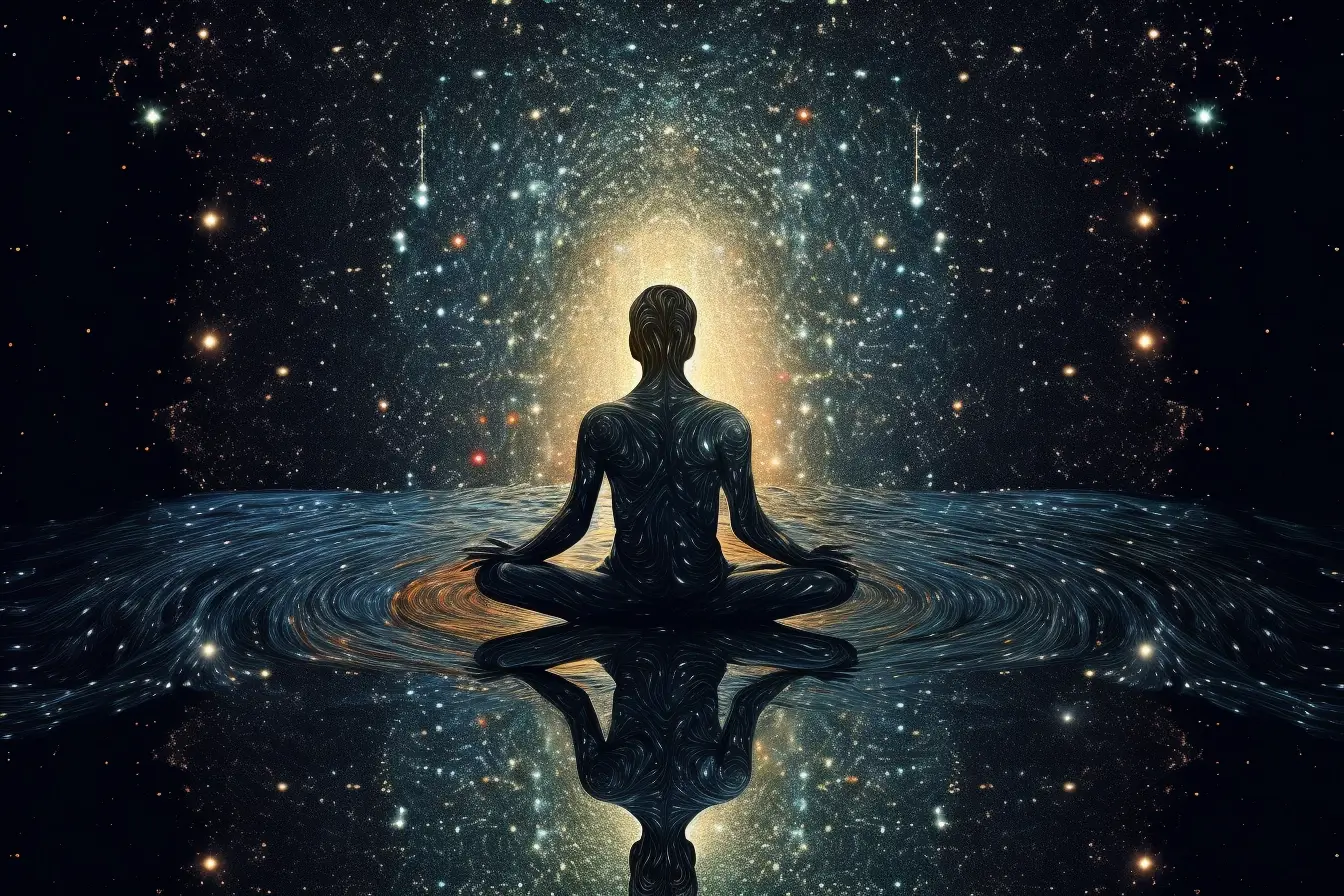
Of course, as we mentioned before, MDMA is not usually associated with “ego death.” But what about “ego-deprioritization”? What we mean by this is the idea that, while MDMA doesn’t cause ego dissolution, it can put you in a mental state where the feeling of “me” becomes less important. Instead, we shift our focus to “we.”
Or, as Wininger puts it, “The MDMA experience can be really ecstatic because you’re not only having a wonderful experience. But you and your partner are joining in on something larger than the two of you. You’re joining into a whole new experience—no more who’s doing this or who’s doing that. Instead, you’re embracing ecstatic, celebratory love. You’re celebrating “us” and not just saying ‘me’ anymore.”
While the journey of exploring MDMA and psychedelics in a controlled and therapeutic context may be promising, it’s crucial to note that these substances are not a quick fix. They require the proper setting, preferably an experienced guide or therapist, and a willingness from both partners to do the deep emotional work necessary for meaningful growth and healing. As we venture further into the mysteries of psychedelic medicine, the idea of couples rediscovering love, empathy, and understanding under the gentle guidance of compounds like MDMA reminds us of the boundless potential for healing and connection inherent in the human psyche. And perhaps, as we unravel the mysteries surrounding the “love drug” and other psychedelics, we inch closer to a world where love, understanding, and empathy reign over misunderstanding and disconnection.
This material is not intended as a replacement or substitute for any legal or medical advice. Always consult a medical professional about your health needs. Psychedelics are widely illegal in the United States, and readers should always be informed about local, state, and federal regulations regarding psychedelics or other drugs.

 David Connell
David Connell
